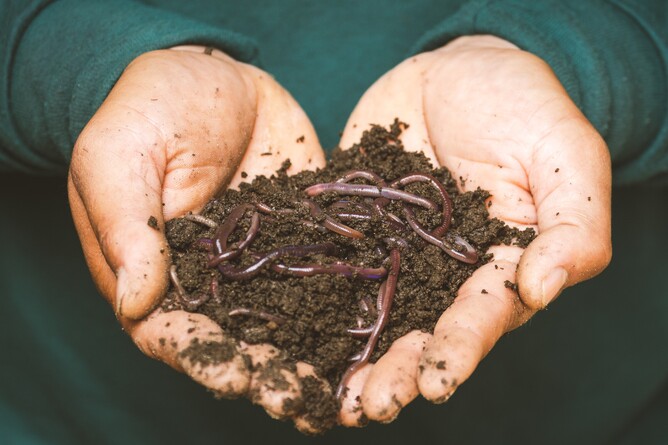Vermiculture is the practice of using worms to convert organic waste into nutrient-rich soil amendments. This natural process has gained popularity in New Zealand as a sustainable and efficient way to manage organic waste and improve soil health. In this blog post, we will explore the benefits of vermiculture and its role in organic waste management in New Zealand.
The Science of Vermiculture
Vermiculture is a form of composting that uses worms to break down organic matter into a nutrient-rich soil amendment. The worms used in vermiculture are typically red wigglers or tiger worms, which are well-suited for breaking down organic matter.
The process of vermiculture involves several steps:
Feeding the Worms: The first step in vermiculture is to provide the worms with a food source. We feed our worms a pre-composted mix of organic matter collected from Waikato businesses, stable manure and sawdust, and other waste products.
Vermicomposting: Once the worms have been fed, they consume the organic matter and break it down into simpler compounds. This process is known as vermicomposting and produces a nutrient-rich material known as worm castings (AKA Worm Poo).
Harvesting the Worm Castings: After several weeks or months, the worm castings are ready to be harvested. This involves separating the worms from the castings and collecting the castings for use as a soil amendment.
The Benefits of Vermiculture
Vermiculture offers several benefits as a sustainable solution for organic waste management in New Zealand:
Reducing Waste: Our vermiculture practices diverts organic waste from landfills, where it would contribute to greenhouse gas emissions. By using our vermiculture processes to process organic waste, Waikato businesses can reduce their waste footprint and create a valuable soil amendment for use by local farms and gardeners.
Improving Soil Health: Worm castings are a nutrient-rich soil amendment that can improve soil health, fertility, and water-holding capacity. By incorporating worm castings into the soil, farmers and gardeners can promote the growth of healthy plants and crops.
Creating a Sustainable Solution: Vermiculture is a sustainable solution for organic waste management that can help to reduce the environmental impact of food waste. By using worms to process organic waste, we create a closed-loop system that supports the growth of healthy food.
Conclusion
Vermiculture is a sustainable and efficient solution for organic waste management in New Zealand. By using worms to convert organic waste into nutrient-rich soil amendments, vermiculture can help to reduce waste, improve soil health, and create a closed-loop system that supports the growth of healthy food. With a growing demand for sustainable waste management solutions, vermiculture is becoming an increasingly important tool for individuals and businesses looking to reduce their environmental impact and create a more sustainable future for New Zealand.



